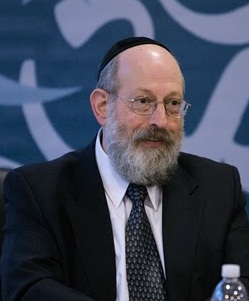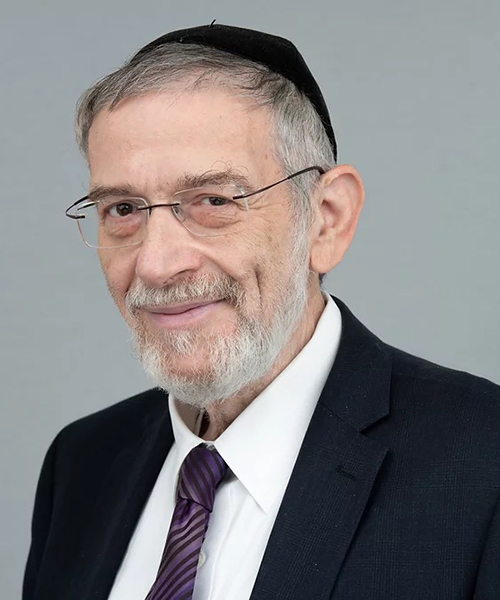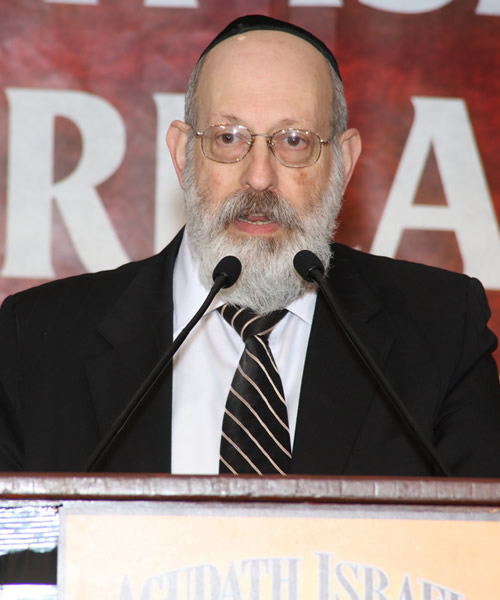Religion in Israeli Society, Politics, and Foreign Policy
Showing the Religion in Israeli Society, Politics and Foreign Policy Video
Thursday, January 17, 2008
This panel discussion addressed the effects of religion and religious pluralism in Israeli domestic politics and foreign policy. The state of Israel lies at the center of U.S. foreign policy concerns in the greater Middle East. Its strategic location, its volatile political-security relationship with the Palestinian Authority, and the determined commitment of its American supporters all lend to Israel a particular salience in any calculus of U.S. interests. Cutting across all these issues, however, is one that receives far less attention—the health of the Israeli state as a self-styled religious democracy. This symposium explored the effects of religion and religious pluralism in Israeli domestic politics and foreign policy.
The discussion centered on several core questions:
- To what extent is Israel a secular democracy, a Jewish state, or both?
- How is religious freedom protected in Israeli law?
- Is Israel today marked by an increasing religious pluralism?
This event was co-sponsored by the Berkley Center for Religion, Peace, and World Affairs and the Program on Jewish Civilization.
Discover similar content through these related topics and regions.
Image Gallery
Image Gallery
/1

Religion in Israeli Society, Politics, and Foreign Policy
Participants
Related Publication
Report January 17, 2008
Religion in Israeli Society, Politics and Foreign Policy
This resort summarizes a January 2008 conference which examined the health of the Israeli state as a self-styled Jewish democracy from a particular perspective, i.e., the subject of religion in Israeli society, politics, and foreign policy.
Opens in a new window




